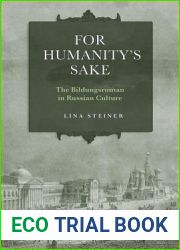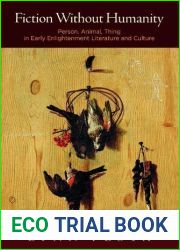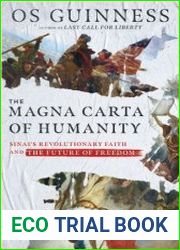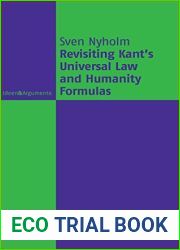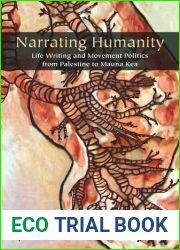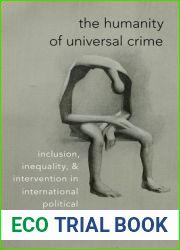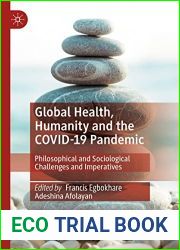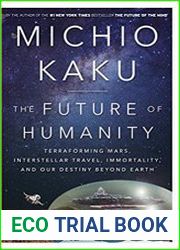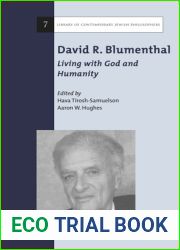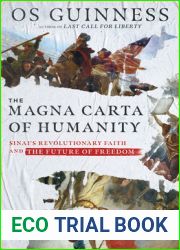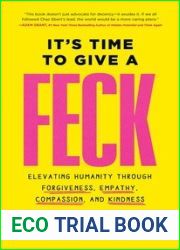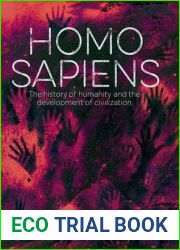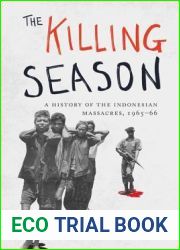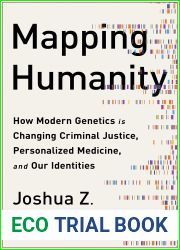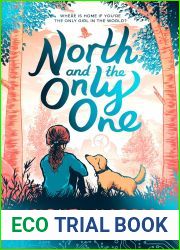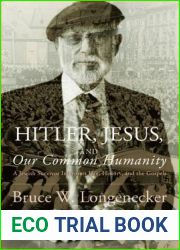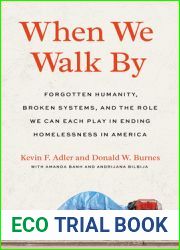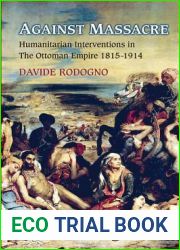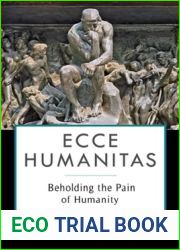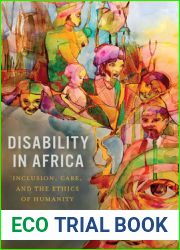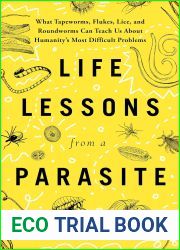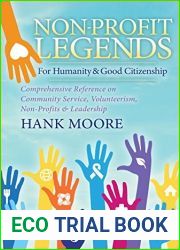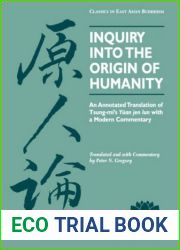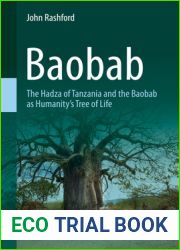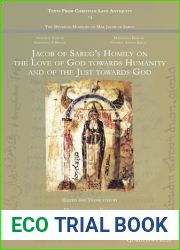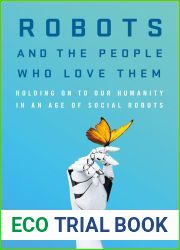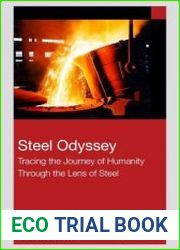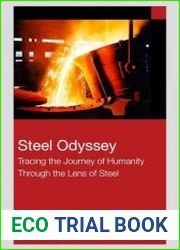
BOOKS - For Humanity's Sake: The Bildungsroman in Russian Culture

For Humanity's Sake: The Bildungsroman in Russian Culture
Author: Lina Steiner
Year: November 19, 2011
Format: PDF
File size: PDF 1.7 MB
Language: English

Year: November 19, 2011
Format: PDF
File size: PDF 1.7 MB
Language: English

For Humanity's Sake: The Bildungsroman in Russian Culture In her groundbreaking study, For Humanity's Sake: The Bildungsroman in Russian Culture, Lina Steiner delves into the development of the classic Russian novel and its relationship with the concept of Bildung, tracing the evolution of this literary genre from Pushkin to Dostoevsky. Through a detailed analysis of the works of these renowned authors, Steiner reveals how their shared concern for individual and national education shaped the Russian cultural identity and influenced the country's intellectual history. The book begins by exploring the role of Apollon Grigoriev, a critic who was instrumental in formulating the distinction between Western European and Russian conceptions of national education, or Bildung. Grigoriev attributed Russia's unique sociopolitical conditions, geographic breadth, and cultural heterogeneity as the catalyst for the creative explosion that produced some of Russia's most famous novels during the 1860s and 1870s. This period saw the emergence of the classic Russian novel, which embodied the values of humanity, self-perfection, and cross-cultural communication, all of which were hallmarks of the Enlightenment.
Ради человечества: Бильдунгсроман в русской культуре В своем новаторском исследовании «Ради человечества: Бильдунгсроман в русской культуре» Лина Штайнер углубляется в развитие классического русского романа и его связь с концепцией Бильдунга, прослеживая эволюцию этого литературного жанра от Пушкина к Достоевскому. Посредством детального анализа работ этих известных авторов Штайнер раскрывает, как их общая забота об индивидуальном и национальном образовании сформировала российскую культурную идентичность и повлияла на интеллектуальную историю страны. Книга начинается с изучения роли Аполлона Григорьева, критика, который сыграл важную роль в формулировании различия между западноевропейскими и русскими концепциями национального образования, или Bildung. Григорьев назвал уникальные социально-политические условия, географическую широту и культурную неоднородность России катализатором творческого взрыва, в результате которого в 1860-е и 1870-е годы в России вышли одни из самых известных романов. В этот период зародился классический русский роман, в котором воплотились ценности человечности, самосовершенствования, кросс-культурной коммуникации, все они были отличительными чертами эпохи Просвещения.
Pour l'humanité : Bildungsroman dans la culture russe Dans son étude novatrice « Pour l'humanité : Bildungsroman dans la culture russe », Lina Steiner s'intéresse au développement du roman russe classique et à son lien avec le concept de Bildung, en suivant l'évolution de ce genre littéraire de Pouchkine à Dostoïevski. Par une analyse détaillée des travaux de ces auteurs célèbres, Steiner révèle comment leur préoccupation commune pour l'éducation individuelle et nationale a façonné l'identité culturelle russe et influencé l'histoire intellectuelle du pays. livre commence par une étude du rôle d'Apollon Grigoriev, un critique qui a joué un rôle important dans la formulation de la distinction entre les concepts d'Europe occidentale et russe de l'éducation nationale, ou Bildung. Grigoriev a décrit les conditions sociopolitiques uniques, la latitude géographique et l'hétérogénéité culturelle de la Russie comme le catalyseur de l'explosion créative, qui a fait sortir en Russie dans les années 1860 et 1870 l'un des romans les plus célèbres. Au cours de cette période est né un roman russe classique qui a incarné les valeurs de l'humanité, de l'auto-amélioration, de la communication culturelle croisée, qui étaient tous des caractéristiques distinctives de l'ère des Lumières.
Por el bien de la humanidad: Bildungsroman en la cultura rusa En su estudio pionero «Por el bien de la humanidad: Bildungsroman en la cultura rusa», Lina Steiner profundiza en el desarrollo de la novela clásica rusa y su relación con el concepto Bildung, trazando la evolución de este género literario desde Pushkin hasta Dostoyevski. A través de un análisis detallado de las obras de estos famosos autores, Steiner revela cómo su preocupación común por la educación individual y nacional formó la identidad cultural rusa e influyó en la historia intelectual del país. libro comienza estudiando el papel de Apolo Grigoriev, un crítico que jugó un papel importante en la formulación de la distinción entre los conceptos de Occidental y Rusia de la educación nacional, o Bildung. Grigoriev llamó a las condiciones sociopolíticas únicas, la amplitud geográfica y la heterogeneidad cultural de Rusia el catalizador de la explosión creativa que dio lugar a algunas de las novelas más famosas de Rusia en las décadas de 1860 y 1870. En este período se originó la novela clásica rusa, en la que se plasmaron los valores de la humanidad, el auto-perfeccionamiento, la comunicación cruzada-cultural, todos ellos rasgos distintivos de la época de la Ilustración.
Pelo bem da humanidade: Bildungsroman na cultura russa Em seu estudo inovador «Pelo Bem da Humanidade: Bildungsroman na cultura russa», Lina Steiner aprofundou-se no desenvolvimento do clássico romance russo e na sua ligação com o conceito de Bildung, observando a evolução deste gênero literário de Pushkin para Dostoiévski. Através de uma análise detalhada dos trabalhos desses famosos autores, Steiner revela como sua preocupação geral com a educação individual e nacional moldou a identidade cultural russa e influenciou a história intelectual do país. O livro começa com o estudo do papel de Apollo Grigoriev, um crítico que desempenhou um papel importante na formulação da distinção entre os conceitos de educação nacional da Ocidental e da Rússia, ou Bildung. Grigoriev citou as condições sociopolíticas únicas, a abrangência geográfica e a heterogeneidade cultural da Rússia como um catalisador da explosão criativa, que resultou em um dos romances mais famosos da Rússia nas décadas de 1860 e 1870. Nesse período, nasceu um romance russo clássico, que concretizou os valores da humanidade, do auto-desenvolvimento, da comunicação cruzada-cultural, todos caracterizados na época do Iluminismo.
Per il bene dell'umanità: Bildungsroman nella cultura russa Nella sua ricerca innovativa «Per il bene dell'umanità: Bildungsroman nella cultura russa», Lina Steiner approfondisce lo sviluppo del romanzo classico russo e il suo legame con il concetto di Bildung, tracciando l'evoluzione di questo genere letterario da Pushkin a Dostoevskij. Attraverso un'analisi dettagliata dei lavori di questi famosi autori, Steiner rivela come la loro comune preoccupazione per l'istruzione individuale e nazionale abbia formato l'identità culturale russa e influenzato la storia intellettuale del paese. Il libro inizia esplorando il ruolo di Apollo Grigoriev, un critico che ha svolto un ruolo importante nella formulazione della distinzione tra i concetti di formazione nazionale dell'occidentale e quello russo, o Bildung. Grigoriev ha citato le condizioni socio-politiche uniche, l'ampiezza geografica e l'eterogeneità culturale della Russia come il catalizzatore dell'esplosione creativa, che negli anni 1860 e 1870 ha portato alla pubblicazione in Russia di alcuni dei romanzi più famosi. In questo periodo nacque il classico romanzo russo, che realizzò i valori dell'umanità, dell'auto-miglioramento, della comunicazione cross-culturale, tutti tratti distintivi dell'epoca dell'Illuminismo.
Um der Menschheit willen: Bildungsroman in der russischen Kultur In ihrer bahnbrechenden Studie „Um der Menschheit willen: Bildungsroman in der russischen Kultur“ vertieft sich Lina Steiner in die Entwicklung des klassischen russischen Romans und seine Verbindung mit dem Konzept der Bildung und verfolgt die Entwicklung dieses literarischen Genres von Puschkin zu Dostojewski. Durch eine detaillierte Analyse der Werke dieser renommierten Autoren zeigt Steiner, wie ihre gemeinsame Sorge um individuelle und nationale Bildung die russische kulturelle Identität prägte und die intellektuelle Geschichte des Landes beeinflusste. Das Buch beginnt mit einer Untersuchung der Rolle von Apollo Grigoriev, einem Kritiker, der maßgeblich an der Formulierung der Unterscheidung zwischen westeuropäischen und russischen Konzepten der nationalen Bildung oder Bildung beteiligt war. Grigoriev nannte die einzigartigen sozialpolitischen Bedingungen, die geografische Breite und die kulturelle Heterogenität Russlands den Katalysator für eine kreative Explosion, die in den 1860er und 1870er Jahren in Russland einige der berühmtesten Romane hervorbrachte. In dieser Zeit entstand der klassische russische Roman, der die Werte der Menschlichkeit, der Selbstverbesserung und der interkulturellen Kommunikation verkörperte, die alle Markenzeichen der Aufklärung waren.
Dla dobra ludzkości: Bildungsroman w rosyjskiej kultury W swoim pionierskim studium „Dla dobra ludzkości: Bildungsroman w rosyjskiej kulturze”, Lina Steiner zagłębia się w rozwój klasycznej powieści rosyjskiej i jej związek z koncepcją Bilina gnoju, śledzenie ewolucji tego gatunku literackiego od Puszkina do Dostojewskiego. Poprzez szczegółową analizę pracy tych słynnych autorów, Steiner ujawnia, jak ich wspólna troska o edukację indywidualną i narodową kształtowała rosyjską tożsamość kulturową i wpłynęła na historię intelektualną kraju. Książka rozpoczyna się od zbadania roli Apollona Grigoriewa, krytyka, który był instrumentalny w formułowaniu rozróżnienia między zachodnioeuropejskimi i rosyjskimi koncepcjami edukacji narodowej, lub Bildung. Grigoriew nazwał wyjątkowe warunki społeczno-polityczne, szerokość geograficzna i różnorodność kulturową Rosji katalizatorem eksplozji twórczej, w wyniku której niektóre z najbardziej znanych powieści zostały opublikowane w Rosji w latach 1860 i 1870. W tym okresie narodziła się klasyczna powieść rosyjska, w której uosabiano wartości ludzkości, samodoskonalenia, komunikacji międzykulturowej, wszystkie były charakterystycznymi cechami Oświecenia.
''
İnsanlık Uğruna: Rus Kültüründe Bildungsroman "İnsanlık Uğruna: Rus Kültüründe Bildungsroman'adlı öncü çalışmasında Lina Steiner, klasik Rus romanının gelişimine ve Bildung kavramıyla olan bağlantısına değinerek, bu edebi türün Puşkin'den Rus kültürüne evriminin izini sürüyor Dostoyevski. Steiner, bu ünlü yazarların çalışmalarının ayrıntılı bir analizini yaparak, bireysel ve ulusal eğitim konusundaki ortak kaygılarının Rus kültürel kimliğini nasıl şekillendirdiğini ve ülkenin entelektüel tarihini nasıl etkilediğini ortaya koyuyor. Kitap, Batı Avrupa ve Rus ulusal eğitim kavramları veya Bildung arasındaki ayrımı formüle etmede etkili olan bir eleştirmen olan Apollon Grigoriev'in rolünü inceleyerek başlıyor. Grigoriev, Rusya'nın eşsiz sosyo-politik koşullarını, coğrafi genişliğini ve kültürel heterojenliğini, 1860'larda ve 1870'lerde Rusya'da en ünlü romanlardan bazılarının yayınlandığı yaratıcı bir patlamanın katalizörü olarak nitelendirdi. Bu dönemde, insanlık değerlerinin, kendini geliştirmenin, kültürler arası iletişimin somutlaştığı klasik bir Rus romanı doğdu, hepsi Aydınlanma'nın ayırt edici özellikleriydi.
من أجل الإنسانية: Bildungsroman in Russian Culture في دراستها الرائدة «من أجل الإنسانية: Bildungsroman in Russian Culture»، تتعمق لينا شتاينر في تطوير الرواية الروسية الكلاسيكية وارتباطها بمفهوم Bildung، وتتبع تطور هذا النوع الأدبي من بوشكين إلى دوستويفسكي. من خلال تحليل مفصل لعمل هؤلاء المؤلفين المشهورين، يكشف شتاينر كيف أن اهتمامهم المشترك بالتعليم الفردي والوطني شكل الهوية الثقافية الروسية وأثر على التاريخ الفكري للبلاد. يبدأ الكتاب بدراسة دور أبولون غريغوريف، الناقد الذي كان له دور فعال في صياغة التمييز بين مفهومي أوروبا الغربية والروسية للتعليم الوطني، أو بيلدونغ. وصف غريغوريف الظروف الاجتماعية والسياسية الفريدة والاتساع الجغرافي وعدم التجانس الثقافي لروسيا بأنها حافز للانفجار الإبداعي، ونتيجة لذلك نُشرت بعض أشهر الروايات في روسيا في ستينيات وسبعينيات القرن التاسع عشر. خلال هذه الفترة، ولدت رواية روسية كلاسيكية، تجسدت فيها قيم الإنسانية وتحسين الذات والتواصل بين الثقافات، وكانت جميعها سمات مميزة للتنوير.
為了人類:俄羅斯文化中的Bildungsroman在她的開創性研究《為了人類:俄羅斯文化中的Bildungsroman》中,Lina Steiner深入研究了古典俄羅斯小說的發展及其與Bildung概念的關系,追溯了這種文學流派的演變。從普希金到陀思妥耶夫斯基。通過對這些著名作者的作品的詳細分析,斯坦納揭示了他們對個人和國家教育的共同關註如何塑造了俄羅斯的文化認同並影響了國家的知識史。該書首先研究了阿波羅·格裏戈裏耶夫(Apollo Grigoriev)的角色,他在闡明西歐和俄羅斯國家教育概念(Bildung)之間的區別方面發揮了作用。格裏戈裏耶夫稱俄羅斯獨特的社會政治條件,地理廣度和文化異質性是創造性爆炸的催化劑,導致一些最著名的小說於1860代和1870代在俄羅斯出版。在此期間,一部經典的俄羅斯小說誕生了,體現了人性,自我完善,跨文化交流的價值觀,所有這些都是啟蒙時代的標誌。







